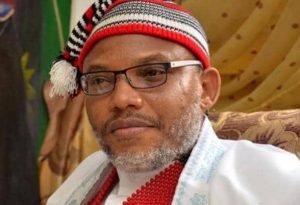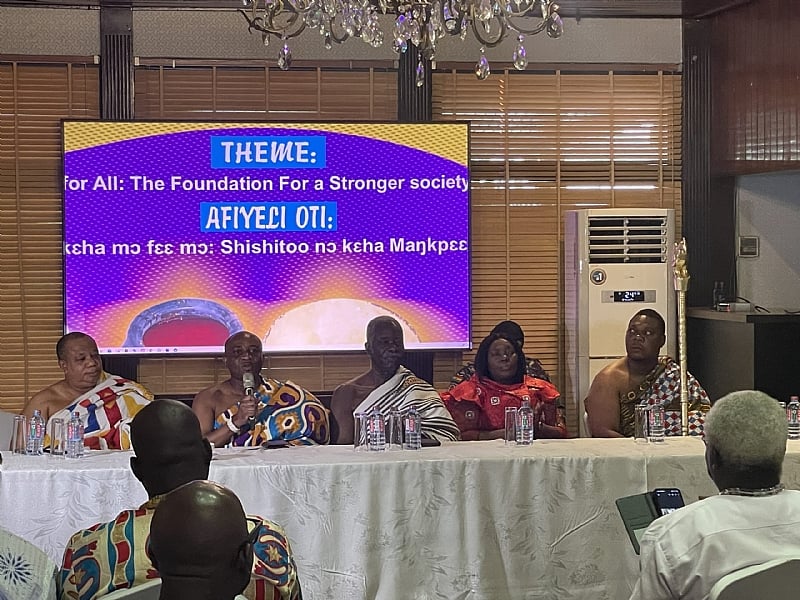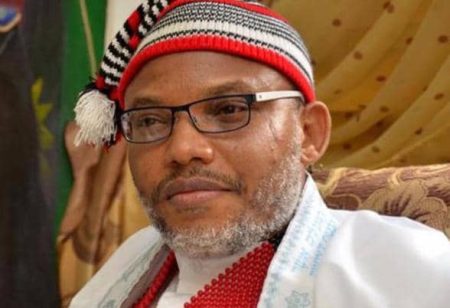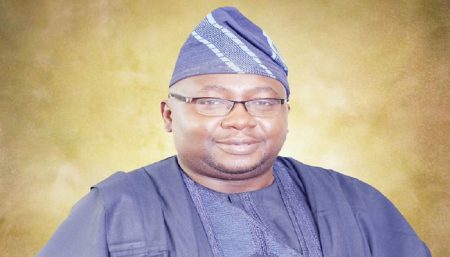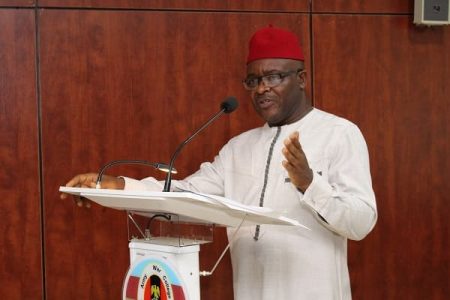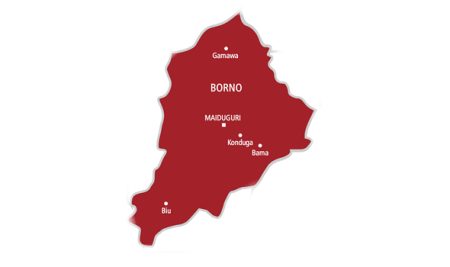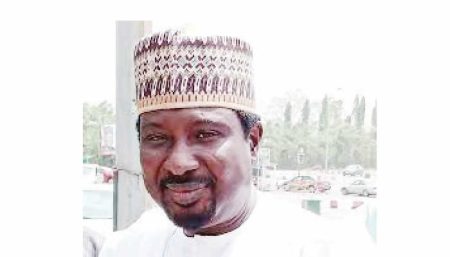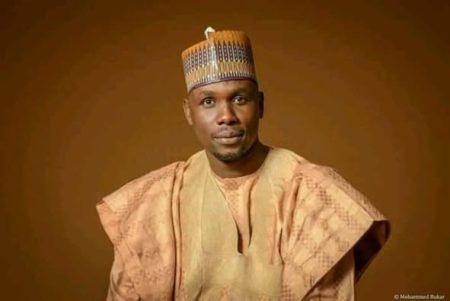The La Traditional Council has officially launched the 2025 Homowo Festival, emphasizing the importance of peace and unity as catalysts for societal development. Under the theme “Respect for All: The Foundation for a Stronger Society,” the festival is scheduled to unfold from August 11th to September 6th, 2025, featuring a diverse array of activities. These events include a vibrant homecoming float and street carnival, community-focused health screenings and educational quizzes, and competitions showcasing the festival’s rich cultural heritage, such as Kpaalamo (traditional songs) and kpokpoi (a special maize dish) cooking contests. Woven into the fabric of the festival are traditional rituals, observed both in anticipation of and following the main celebrations, culminating in a period of reverence and reflection. As a mark of respect and in accordance with custom, a ban on drumming and noisemaking will be implemented in La and surrounding communities under the Council’s jurisdiction leading up to the festival.
Nii Adjei Kofeh IV, La Shikitele, presided over the launch, highlighting the festival’s role in showcasing the vibrant cultural values and time-honored traditions of the La people. He urged residents to prioritize peaceful coexistence and mutual respect, stressing these values as the cornerstones of a prosperous and harmonious society. His call for a peaceful and respectful celebration echoes the spirit of unity that underpins the Homowo Festival, inviting the community to present their rich cultural tapestry to the world. This emphasis on unity and respect underscores the festival’s broader aim of fostering social cohesion and community development. By celebrating their heritage in a spirit of harmony, the La people aim to strengthen the bonds that tie their community together.
The Organizing Committee, represented by Secretary Jefferey Tetteh, extended an invitation to businesses and investors to participate in the various side attractions, recognizing the potential for economic growth and tourism development that the festival presents. This open invitation reflects a forward-thinking approach, seeking to leverage the festival as a platform for economic empowerment and showcasing the region’s potential to a wider audience. The anticipated influx of visitors and the vibrant atmosphere of the festival are expected to generate economic activity, benefiting local businesses and contributing to the overall prosperity of the area. This focus on inclusive participation further strengthens the festival’s role as a catalyst for community development.
Homowo, meaning “hooting at hunger,” is an annual tradition deeply rooted in the history of the Ga people. The festival commemorates the triumph over a devastating famine that followed a period of severe drought experienced by their ancestors during their migration from Israel to their current settlements, with historical connections tracing back to Ile Ife, the ancestral home of the Yoruba people of Nigeria. This historical context imbues the festival with a profound sense of resilience and remembrance, honoring the struggles and eventual triumph of their forebears. The act of “hooting at hunger” symbolizes a defiant rejection of hardship and a celebration of the abundance that followed, a powerful testament to the enduring spirit of the Ga people.
The festival unfolds as a rich tapestry of traditional rituals, beginning with the symbolic planting of maize, followed by a period of quietude and reflection. A grand procession then takes center stage, accompanied by the vibrant rhythms of traditional music and dance, culminating in the communal sharing of kpokpoi, the special maize dish that embodies the festival’s core message of overcoming adversity. This shared meal symbolizes unity and togetherness, reinforcing the bonds of community and reminding everyone of their shared heritage. The carefully orchestrated sequence of events reflects the deep spiritual and cultural significance of the festival, serving as a powerful reminder of the Ga people’s history and resilience.
Celebrated by Ga communities across the region, including Ga Mashie, Osu, La, Teshie, Nungua, Tema, Ningo, and Prampram, Homowo takes place between May and September each year. The wide geographical reach of the festival highlights its importance as a unifying cultural force, bringing together diverse communities under a shared identity and heritage. Each community adds its unique flavor to the celebrations, enriching the overall experience and reinforcing the sense of collective belonging. The annual celebration of Homowo serves as a vital link to the past, preserving the rich traditions of the Ga people and transmitting them to future generations. It is a celebration of resilience, unity, and the enduring power of cultural heritage. More than just a festival, Homowo represents a living testament to the spirit of the Ga people.


